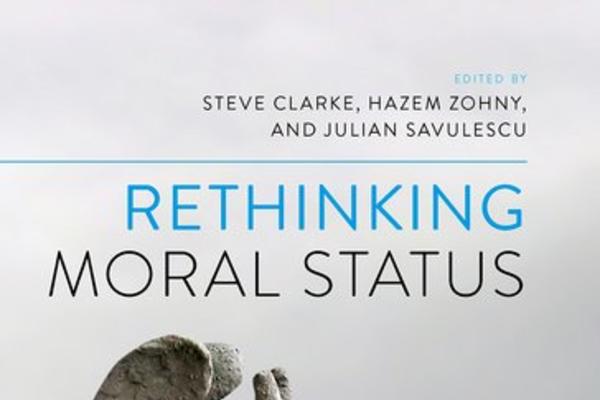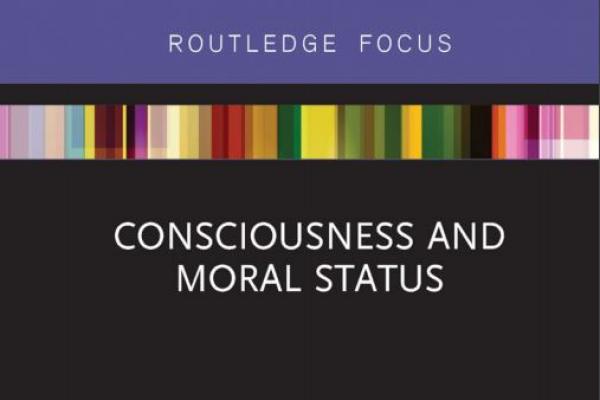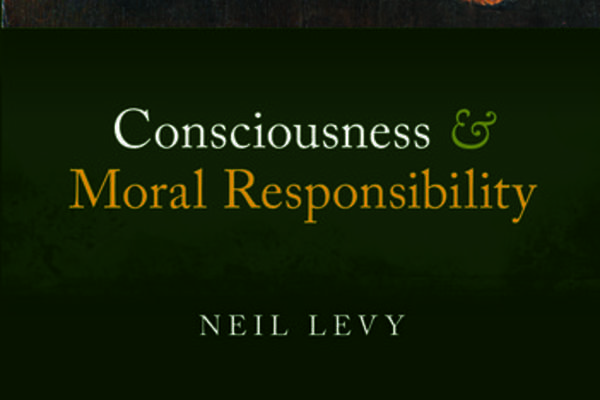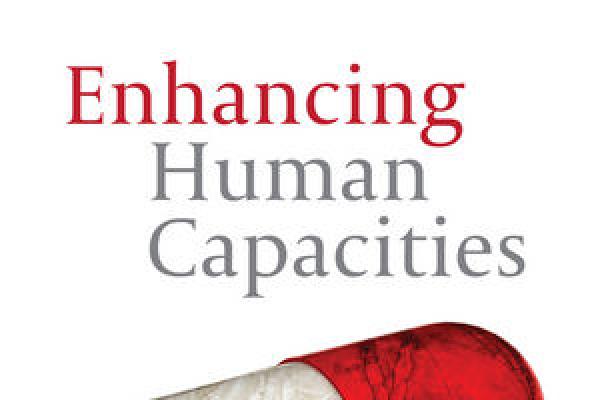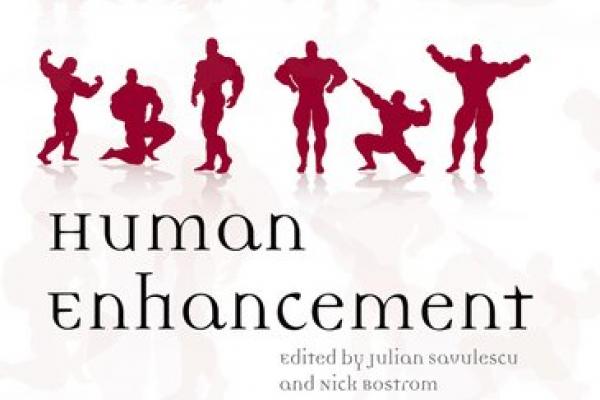Books
Douglas, T., (2026), 'Protecting Minds: The Right Against Mental Interference', (Oxford University Press)
It is widely accepted that we each possess a right against interference with our bodies. In this book, Thomas Douglas argues that we also possess an analogous right against interference with our minds. He defends the existence of this right—both by appealing to intuitions regarding cases and by invoking the notion of self-ownership—and he describes its content and contours.
In Douglas' view, the right against mental interference protects us against actions that significantly alter our mental states and operate via processes that are insensitive to the reasons that bear on the mental alteration. The interventions that most obviously infringe the right are 'nonconsensual neurointerventions'—interventions that alter a person's mental states by physically modulating their brain states, and are performed without the target's consent. But Douglas argues that some psychological forms of influence can infringe the right too. Examples include the use of subliminal imagery and conditioning-based interventions, such as the use of loot boxes in computer games.
This book contributes both to the increasingly vigorous debate over 'neurorights' and to the wider discussion of the ethics of mental and behavioural influence. Such discussion has traditionally treated manipulation, coercion and persuasion as the most important categories of influence; this volume introduces mental interference as a further category warranting attention.
This open access book is free to read and download from Oxford Academic under the terms of a CC BY-NC-ND 4.0 licence.
Published: Online January 2026 | Hardback 19 February 2026
Licence: An open access title available under the terms of a CC BY-NC-ND 4.0 licence.
Funding: Open access funding was provided by the EC Horizon 2020 grant 819757 'Protecting Minds: The Right to Mental Integrity and The Ethics of Arational Influence'.
Consenting Children: Autonomy, Responsibility, Well-Being
What Is the Point of Moral Philosophy?
Rethinking Conscientious Objection in Health Care
Responsibility and Healthcare
Philosophy, Bullshit and Peer Review
Pandemic Ethics: From COVID-19 to Disease X
Parfit: A Philosopher and His Mission to Save Morality
Bad Beliefs: Why They Happen to Good People
Future Morality
Rethinking Moral Status
Autonomy, Rationality, and Contemporary Bioethics
Love Drugs The Chemical Future of Relationships
Ethics and the Contemporary World
The Ethics of Vaccination
Ethics, Conflict and Medical Treatment for Children: From disagreement to dissensus
Medical Ethics & Law
Consciousness and Moral Status
The Ethics of Human Enhancement
Philosophers Take on the World
Remorse, Penal Theory and Sentencing
The Ethics of Embryonic Stem Cell Research
Death or Disability
The Justification of Religious Violence
Religion, Intolerance and Conflict
Addiction and Self-Control
Consciousness and Moral Responsibility
Unfit for the Future: The Need for Moral Enhancement
Enhancing Human Capacities
Hard Luck: How Luck Undermines Free Will and Moral Responsibility
Human Enhancement
Uehiro Series in Practical Ethics
For details of all the books based on our Annual Lectures, visit the Uehiro Series in Practical Ethics Books page. The latest book in the Series is Professor Michael Otsuka's 'How to Pool Risks Across Generations: The Case for Collective Pensions'. Details below.
How to Pool Risks Across Generations: The Case for Collective Pensions
by Professor Michael Otsuka, 2020 Uehiro Lecturer

Oxford University Press
How to Pool Risks across Generations makes the case for the collective provision of pensions, on fair terms of social cooperation. Through the insurance of a mutual association which extends across society and over multiple generations, we share one another's fates by pooling risks across both space and time. Resources are transferred, not simply between different people, but also within the possible future lives of each person: from one's more fortunate to one's less fortunate future selves. The book opens with an investigation of the longevity and investment risk that even a single individual on a desert island would face in providing for her old age. From this atomistic starting point, it builds up, within and across the chapters, to increasingly collective forms of pension provision. By joining together, it is possible to tame the risks we would face as individuals each with our own private pension pot. A collective pension can be justified as a 'social union of social unions': an enduring corporate body, which is formed by agreements to pool risks, in a manner that involves reciprocity between the various individuals that constitute the collective. Even though all individuals age and die, a collective pension scheme remains evergreen, as the average age of members remains relatively unchanged, through the influx of new members to replace those who retire. It is therefore possible to smooth risks indefinitely across as well as within generations, to the mutual advantage of each.
Published: 27 June 2023, Oxford University Press













